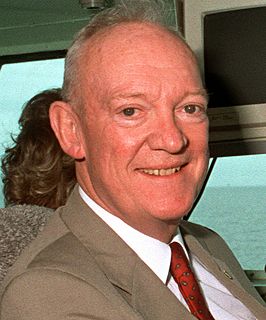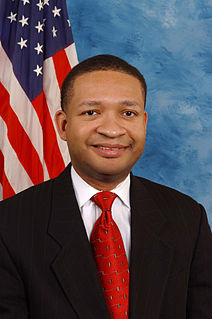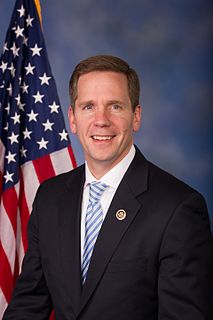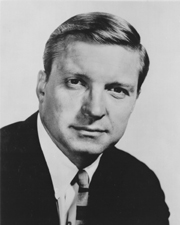A Quote by Robert Dallek
Dwight Eisenhower, the Republican nominee in 1952, made a strong public commitment to ending the war in Korea, where fighting had reached a stalemate.
Related Quotes
Well, one of the things a lot of Americans don't know, when Mitt Romney is nominated a few days from now, he will be the most experienced executive to be nominated for the presidency since Dwight Eisenhower in 1952, who had run a university and had run the allied war effort. That's actually a big deal.
Yes, Obama took over two wars from Bush - just as President Richard Nixon inherited Vietnam from President Lyndon Johnson and President Dwight Eisenhower inherited Korea from President Harry Truman. But at least the war in Iraq was all but won by 2009, thanks largely to the very surge Obama had opposed as a senator.
When [my dad] was at the University of Michigan, my mom was a social-worker. As he rose, he voted for [Adlai] Stevenson initially. Then he voted for [Dwight] Eisenhower. Then he kept voting Republican until he voted for Barack Obama. So that's kind of amazing. But he was offered a cabinet post by Eisenhower in his second term. So he was moderate Republican. But if you asked him, he would've said, "I don't have any politics. I'm a business person." Mainstream, the American view, as he understood it.
On both of my major trips to North Korea, the leaders of the country made it plain that they want to make progress towards doing away with nuclear weapons and towards ending the longstanding, official state of war which persists between North Korea and the United States and South Korea, a war which has continued since the ceasefire over fifty years ago. That sort of thing happens quite often when we meet with people who are kind of international outcasts with whom the government of the United States won't meet.







































